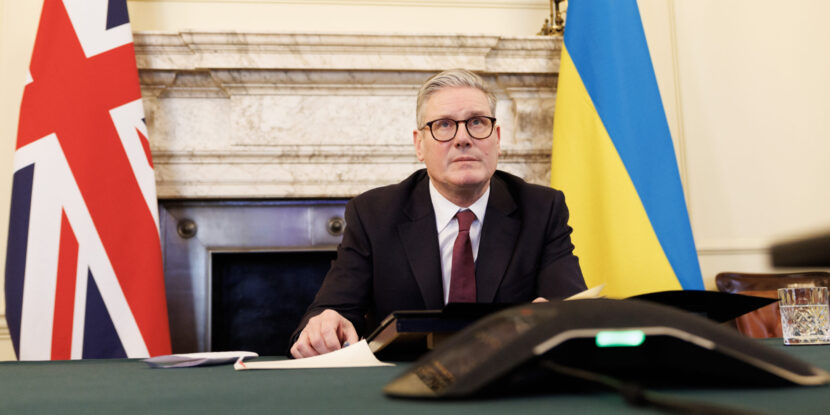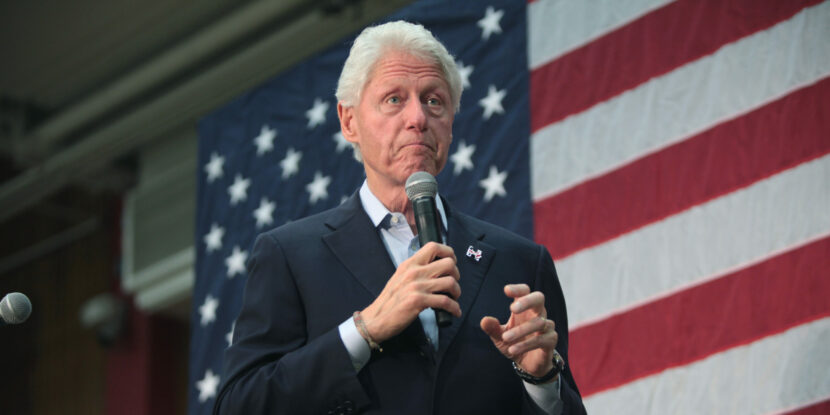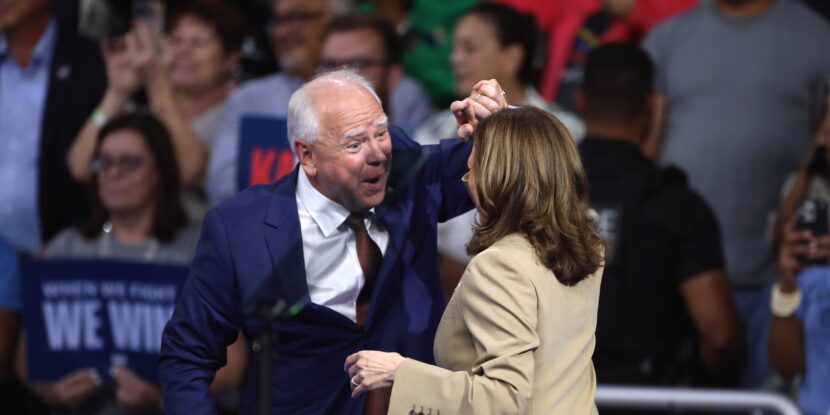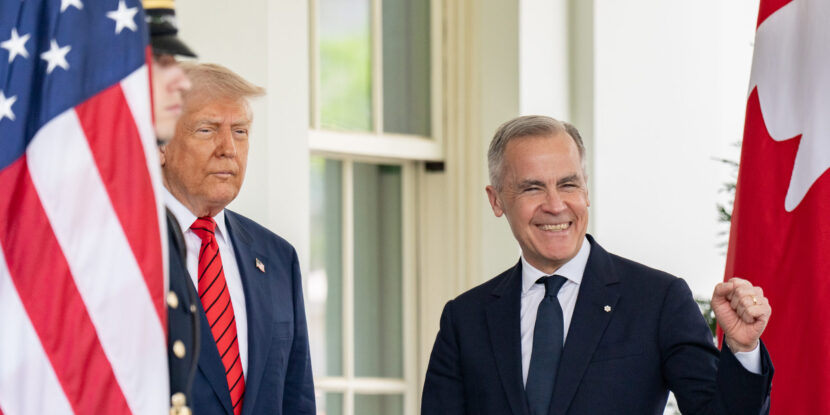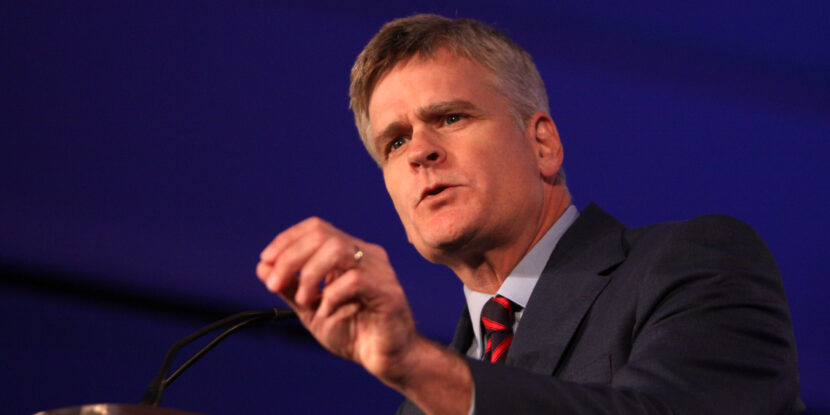❓WHAT HAPPENED: The United Kingdom implemented the Online Safety Act (OSA) last week, granting extensive censorship powers to the unelected regulator Ofcom and targeting online speech deemed “harmful.”
👤WHO WAS INVOLVED: British Prime Minister Keir Starmer, Ofcom, Nigel Farage’s Reform Party, and social media companies operating in Britain.
📍WHEN & WHERE: The legislation came into effect on Friday across the United Kingdom.
💬KEY QUOTE: “The OSA plunges this country into a borderline dystopian state.” – Zia Yusuf, Reform Party
🎯IMPACT: The act imposes significant fines on companies failing to comply, restricts free speech, and could set a dangerous precedent for online censorship.
British Prime Minister Sir Keir Starmer has defended the censorious Online Safety Act and insisted Britain “had free speech for a very, very long time” and will continue to do so. Critics argue the legislation marks the end of that tradition, which is already ineffective due to laws allowing people to be prosecuted for “grossly offensive” communications and other forms of expression by enabling widespread censorship under the guise of “online safety.”
The Online Safety Act, passed by the formerly governing Conservative (Tory) Party government but only effective from Friday, grants the unelected regulator Ofcom the power to enforce a “duty of care” on websites. Under this framework, social media companies must remove content Ofcom deems harmful or face fines of up to $24 million or 10 percent of global revenue, whichever is higher.
Ofcom’s definition of “harmful content” is broad, encompassing criticisms of government policies, including immigration and COVID-19 measures—not just sexually explicit content, as its defenders imply. Zia Yusuf, of Nigel Farage’s Reform Party, described the act as plunging Britain into a “borderline dystopian state.” Farage himself has pledged to repeal the legislation if Reform takes over the government.
Social media platforms are now required to verify users’ ages and adjust algorithms to block inappropriate content for children. Critics argue this effectively censors conservative viewpoints and dissenting opinions, as the rules apply extraterritorially, potentially impacting American users. Notably, it has already restricted not only minors’ access to pornography, but also parliamentary debates on Muslim grooming gangs.
Some British Internet users have tried to bypass the legislation using Virtual Private Networks (VPN), which allow users to get around geographic-based restrictions online. Figures from within Stamrer’s Labour Party are mulling banning the use of VPNs in response.
The Trump administration has been urged to act against this legislation, with concerns that the Starmer government could collaborate with U.S. Democrats to bypass First Amendment protections for social media users.
Picture by Simon Dawson / No 10 Downing Street.
Join Pulse+ to comment below, and receive exclusive e-mail analyses.
